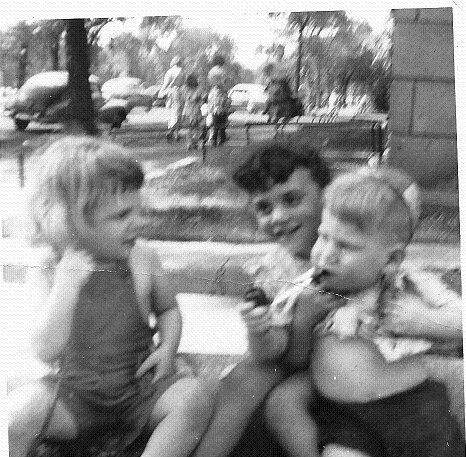Grammarians aren’t happy when we confuse the word ‘like’ with ‘as’. No, they don’t like it at all- or should I say they don’t ‘as’ it?
Today, the word â€like†has become synonymous with the Facebook website. It is a simple link identifier for expressing pleasure with someone’s presentation on their Facebook wall or to even an external site that links back to it. Most website score-keeping used to be a matter of clicking YES or NO. Facebook decided that it was bad manners for visitors to take an extremist position. The new opportunity for expression has become LIKE. To be fair, they give the visitor a chance to change his or her mind and take it all back by clicking UNLIKE.
In the early 1950’s, greasers became associated with the usage of slang expressions that were reflected in Marlon Brando’s iconic character in the “Wild Onesâ€. He stood in a slouched position, the thumb of his left hand hanging precariously from his pants pocket with the other four fingers rested on the outside. Deep in thought he would tell anyone who would listen, regardless of gender, “Like, man.â€
Well, he couldn’t very well say, “As manâ€, could he?
Even though the use of “like†at the beginning of thought had public awareness for a couple of hundred years prior to Mr. Brando, its usage became de facto from then on for those looking to have their say while conjuring up appropriate words in their mind. Saying, “like, I don’t care†is a way to not abruptly show lack of interest but to smooth the directness of it. In other words, the speaker is saying, “This is what I would really like to say, so don’t take offense- but, I don’t care!†If the person says, “I don’t care†without the “like†prefacing, it comes across a little to cold. The use of “like†has become a shield.
Some call this usage an adverb.
“Like†is a softening agent. For example, “I was like very angryâ€. Rather than coming out and saying that he or she is angry, he or she wants to convey that he or she was close to being so but still in control.
But the one that really gets the dander up of grammarians is the use of “like†as a conjunction in place of “as ifâ€. For example, “they don’t look like they are happy.†Proper English warrants “they don’t look as if they are happy.†‘They are happy’ is a subordinate conjunction and requires as if. To a grammar expert, “like†should be used as an expression of a tepid emotion except when introducing a simile- “he looks like a clown†No one would dare say: “he looks as if a clown.â€
A President of the United States won two elections with the catchphrase “I Like Ike!†Philosophers have contemplated whether hate is the opposite of or the absence of love. What then would be the opposite or absence of ‘like’- indifference? If you don’t like something it doesn’t necessarily mean you hate it. Or maybe you do but are being kind with your words.
I’m sure there is a grammarian out there who prefers that Facebook change their decision buttons to read AS IF and UN-AS IF.
And by the way, if you really do love this post, please click the whatever button below. Thanks.
